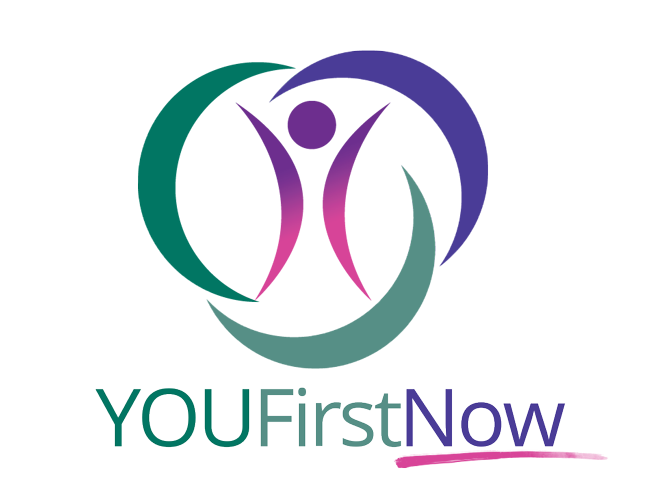Fathers Feel It Too: Postpartum Mental Health Isn’t Just a Mother’s Issue
When we hear “postpartum depression,” our minds typically go straight to mothers. But the reality is, fathers can—and do—experience postpartum mood and anxiety disorders (PMADs). And yet, their symptoms often go unrecognized, minimized, or misunderstood.
Research shows that 1 in 10 fathers may experience postpartum depression, with even more experiencing anxiety. These shifts are not just “new dad jitters.” They’re real mental health challenges that can affect a father’s ability to bond with his baby, support his partner, and feel grounded in this major life transition.
Factors contributing to paternal PMADs include hormonal changes, sleep deprivation, increased financial and emotional stress, lack of social support, and changes in relationship dynamics. Fathers may also struggle silently due to cultural or internal pressure to “stay strong,” leading to feelings of shame or isolation.
Symptoms can present differently in dads—often as irritability, anger, withdrawal, substance use, or overworking—making it easier to miss the signs.
Get ahead of it. The more you know, the better you’re prepare. I have been privileged to work with many couples and then, fathers opening up to their feelings for the first time maybe ever. The difference in the family dynamics change for the good. Both mom and dad leave feeling heard, supporte, and even excited to put their new skills and ways of thinking to the test.
What Can We Do for Fathers?
This Father’s Day, let’s expand how we support dads—not just with gifts and gratitude, but with real care.
Check in. A simple “How are you, really?” can open the door to connection.
Normalize help. Encourage conversations about therapy, peer support, and rest, not as a weakness, but as a strength.
Share the load. Create space for fathers to rest, process, and adjust to their new roles without pressure to perform or fix everything.
Watch for signs. If you notice changes in mood, behavior, or withdrawal, gently suggest professional support.
And for Fathers Themselves:
Speak up. Talk to someone you trust—a friend, partner, or professional.
Prioritize rest. Your mental health is as vital as your family’s well-being.
Let go of perfection. There’s no “right way” to do this—just your way, with love and honesty.
Know you’re not alone. Postpartum support isn’t just for moms. You matter too.
When we include fathers in the conversation around postpartum mental health, we strengthen families and communities. If you or a father you know is struggling, know that support is out there, and healing is possible.

